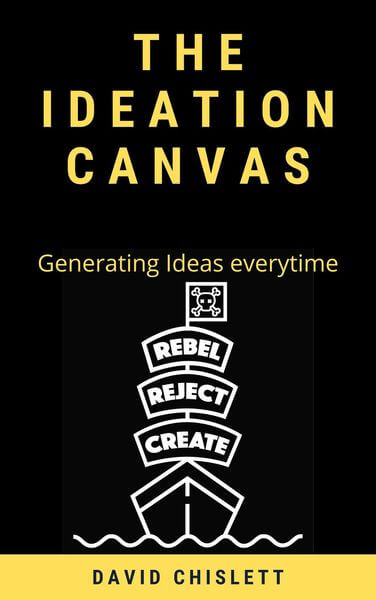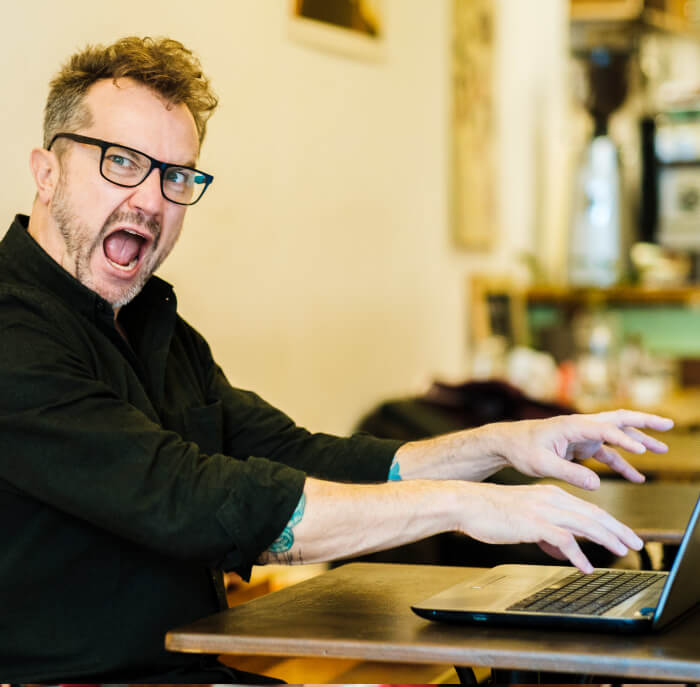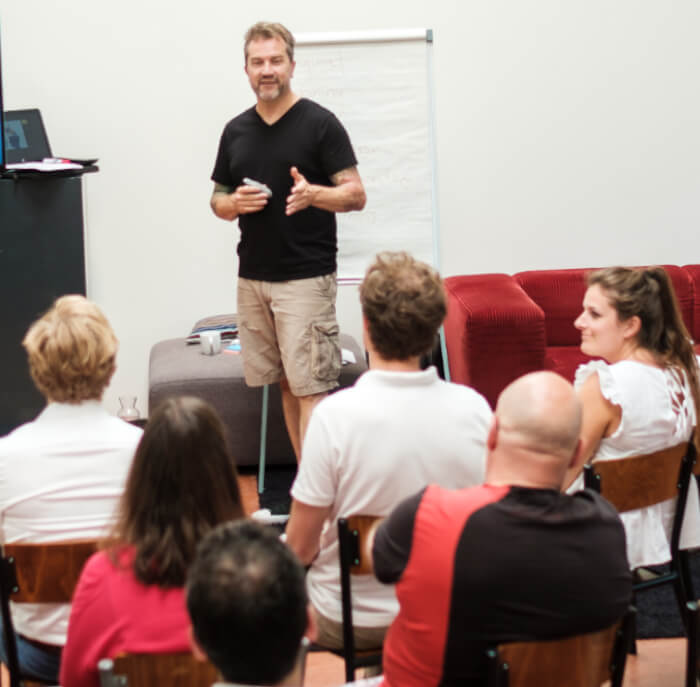
At the beginning of February, I launched the Ideation canvas: A thinking tool to help anyone come up with ideas, no matter how uninspired they are.
Like all Canvas tools, it is a simple sheet with fields that you work through step by step to get from the beginning to your goal: a good idea.
Even people who have a lot of good ideas struggle to explain how they get them. The process of ideation is often murky, hard to define and maybe even a bit magical. However, there are some very concrete steps you can take to get ideas… even if you don’t consider yourself an ideas person or particularly creative.
This is what the canvas does: lays out an ideation process in 5 easy-to-follow steps so that you can come up with ideas for any and every situation… on your own or in a group. In fact, the Canvas is great for teams as it gives really concrete guidelines for each step. This means that everyone must follow the same process, thereby learning from each other as they share and develop their ideas.
Team brainstorms often fail. Mainly because it is not always clear WHAT the session is meant to achieve. The Canvas avoids this by starting with a Clarity exercise to help everyone get on the same page and pulling in the same direction. After that, it ensures maximum creative energy to ensure that ALL angles get considered before any solution is converged upon and chosen.
But you don’t have to read this article to find out how to use the canvas… download it now by subscribing to my newsletter HERE
Read the instructions included AND/OR watch my explainer video below!
Plenty of inspiration, stories, facts and research in the articles I publish every week. I write about creative events, thinking and research… anything that has creativity hidden in it. Read the articles…

Sign up for my fortnightly newsletter and receive FREE creativity tips and help with the challenges you currently face. A simple way to keep up to date with the world of creativity.
Creativity will save the world. I share tips, tricks and techniques for creative thinking based on scientific research and personal experience. There is no problem creativity cannot solve. More about speaking…

Like follow, donate: